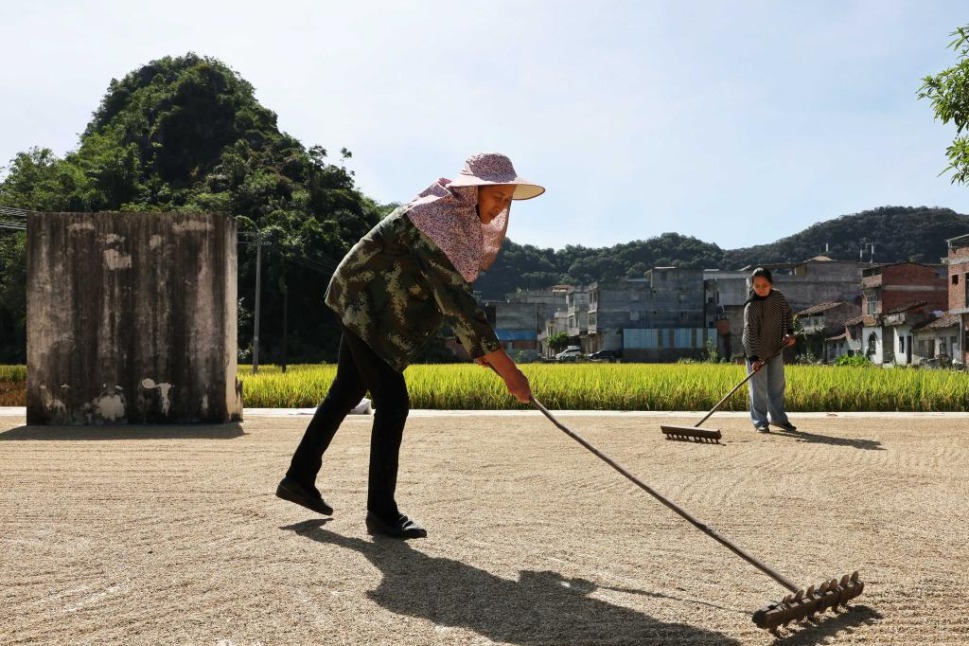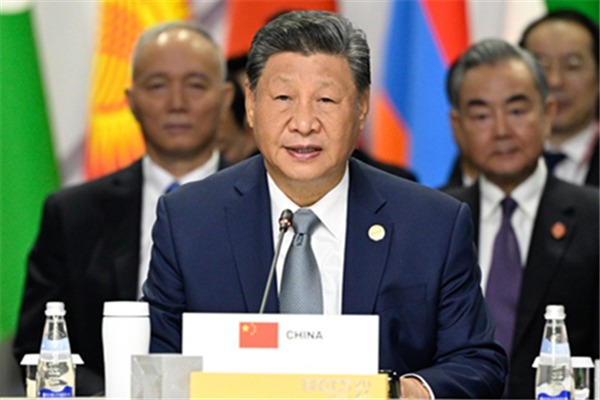Across China: Chinese researchers advance understanding of mechanisms behind allergic diseases

SHENZHEN -- Chinese researchers have found that morphological changes of an immune receptor play a key role in allergic reactions, a discovery that could provide new insights useful for the development of allergy medications.
Allergic diseases, including allergic rhinitis, asthma and allergies to food and medications, affect hundreds of millions of people worldwide and have emerged as major public health issues.
Previous studies have shown that when allergens trigger a specific antibody to bind with a particular immune receptor, mast cells and basophils become activated.
This activation leads to the release of allergic mediators, including histamine, resulting in allergic reactions. In severe cases, this can lead to systemic anaphylactic shock.
However, the mechanism through which the binding of the antibody to the immune receptor activates allergic signaling pathways and induces allergic responses had long been unclear.
This resulted in limited approaches to developing clinical treatments for allergies -- which mainly focus on strategies to block the interaction between the antibody and the immune receptor.
Researchers from the Shenzhen Medical Academy of Research and Translation (SMART) and Westlake University have revealed the mechanisms behind allergic reactions by analyzing protein structures.
They found that when the antibody binds to the immune receptor, the shape of the receptor changes. This transformation exposes specific protein sites in the associated signaling pathways, which in turn activates these pathways and triggers allergic responses.
The study was published online on Wednesday in the journal Nature.
"This discovery suggests that if we can stabilize the shape of the immune receptor and prevent it from changing, the relevant protein sites in the signaling pathways will remain hidden. Even if allergens trigger the binding of the antibody to the receptor, the allergic signaling pathways cannot be activated, and allergic reactions will not occur," said Su Qiang, a researcher at the SMART and corresponding author of the study.
Su explained that this new finding could provide a fundamentally new approach to drug development for allergies.
"In the future, we might develop a type of 'molecular glue' to stabilize the inactive state of the immune receptor, effectively preventing allergic reactions," Su added.
- Chinese researchers advance understanding of mechanisms behind allergic diseases
- Expedition extends known length of Asia's longest cave to 437 km
- China's top political advisor stresses forging strong sense of community for Chinese nation
- Harvest season of late rice begins in South China
- China's 2024 grain output expected to exceed 700m tons for 1st time
- Xi urges more efforts to achieve marine sci-tech breakthroughs




































